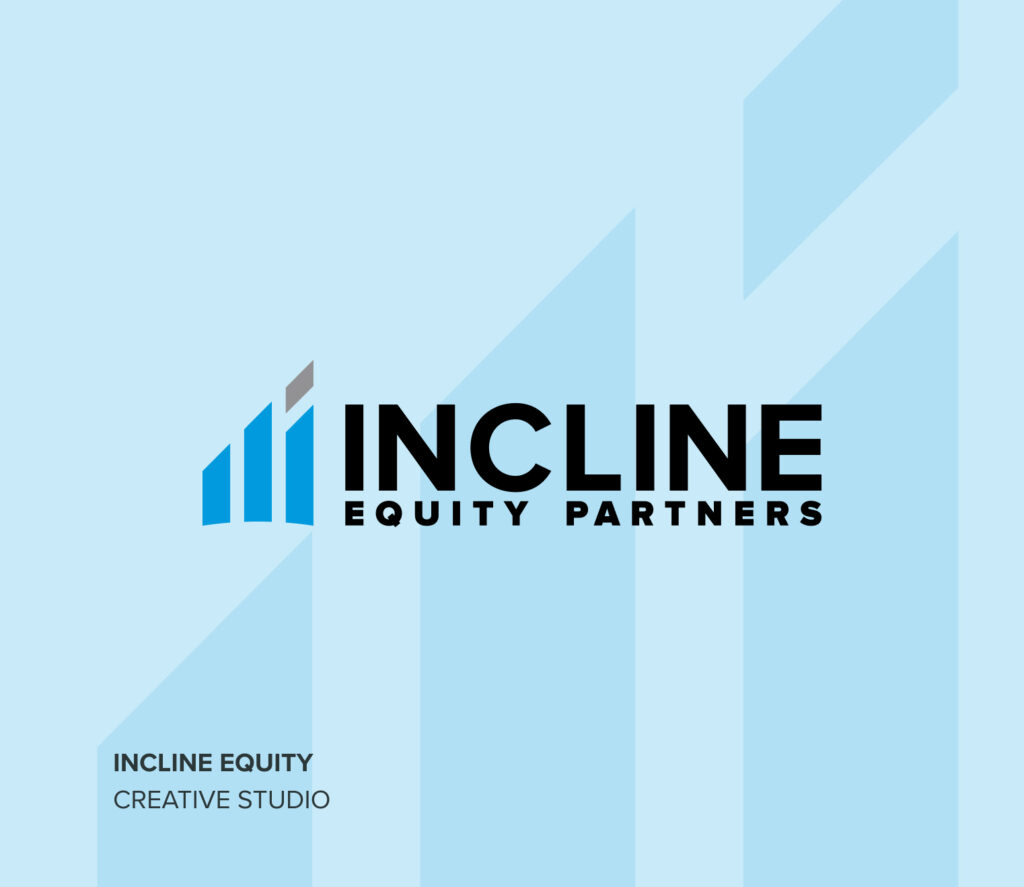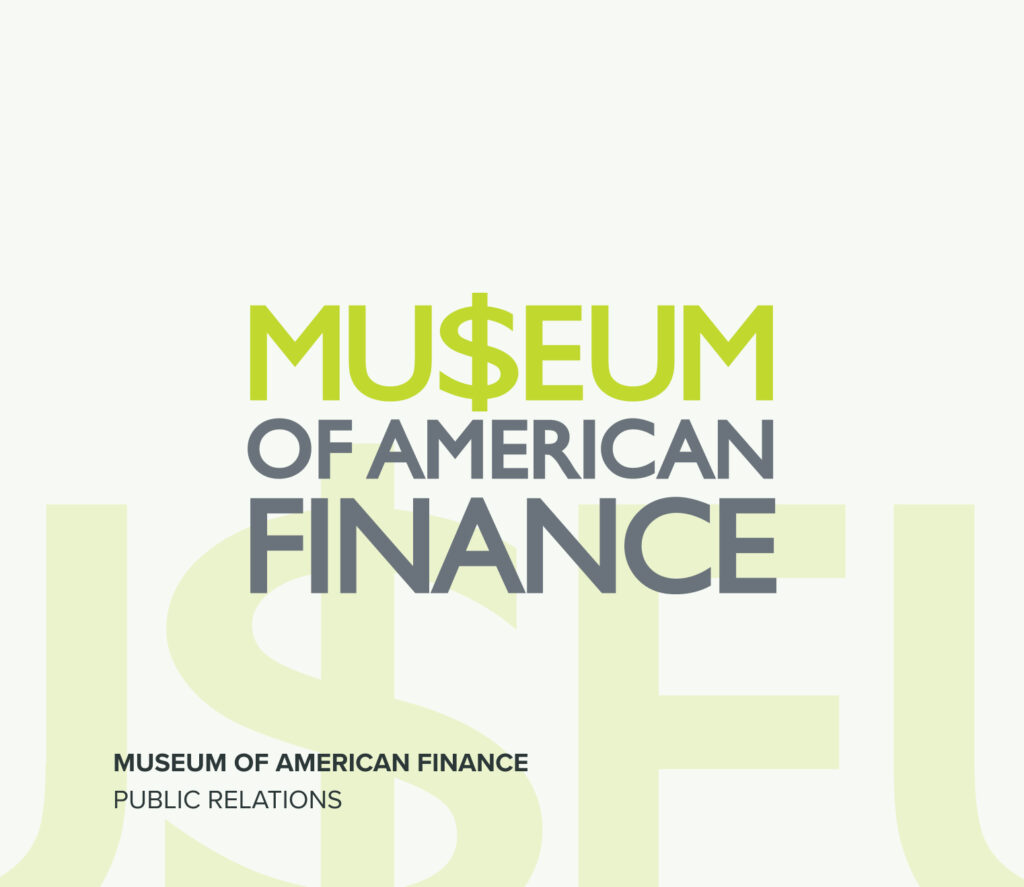If Your Content Is Not Optimized For AI Search, Does It Even Exist?
Not a day goes by without clients and prospects asking about AI search optimization. And it’s no surprise, AI-driven search platforms like ChatGPT, Perplexity, and Gemini have already transformed how people discover brands. With more than 3+ billion people using AI search, the customer journey has shifted from browsing links to getting answers that help audiences learn, decide and transact.
The Speed and Scale of AI Adoption
The speed of adoption is unprecedented. Gartner forecasts that by 2028, half of all traditional search activity will disappear. This means that many audiences will learn and form a perception about a brand, a new product or a CEO after making a query researched by a bot and answered on an AI platform, without ever visiting a company’s website.
From SEO to AEO: The New Optimization Imperative
This has prompted to rise of AEO (Answer Engine Optimization) or GEO (Generative Engine Optimization) — the discipline of ensuring information shows up accurately, favorably, and at scale in these AI query-driven experiences. Unlike traditional SEO, AI engines don’t just index content, they synthesize and reshape it, drawing on sources they recognize as credible and accessible. If content isn’t optimized for AI search, it risks being absent, or misrepresented, when audiences are making critical decisions.
Most websites today aren’t built to serve AI search bots. Gaps in structure and outdated content often limit how AI engines can interpret the information, leading them to prioritize a competitor’s site instead.
The Business Case for AI Search Optimization
The good news: brands pursuing AEO are seeing measurable impact. Across the financial services sector, organizations prioritizing AI search optimization report higher visibility, better referral traffic, and improved conversion quality compared to traditional organic search.
The shift is already underway. We must prepare for the reality that in the future, a majority of visits to your website won’t be from people at all; they’ll be from AI agents searching for the best possible answers.


